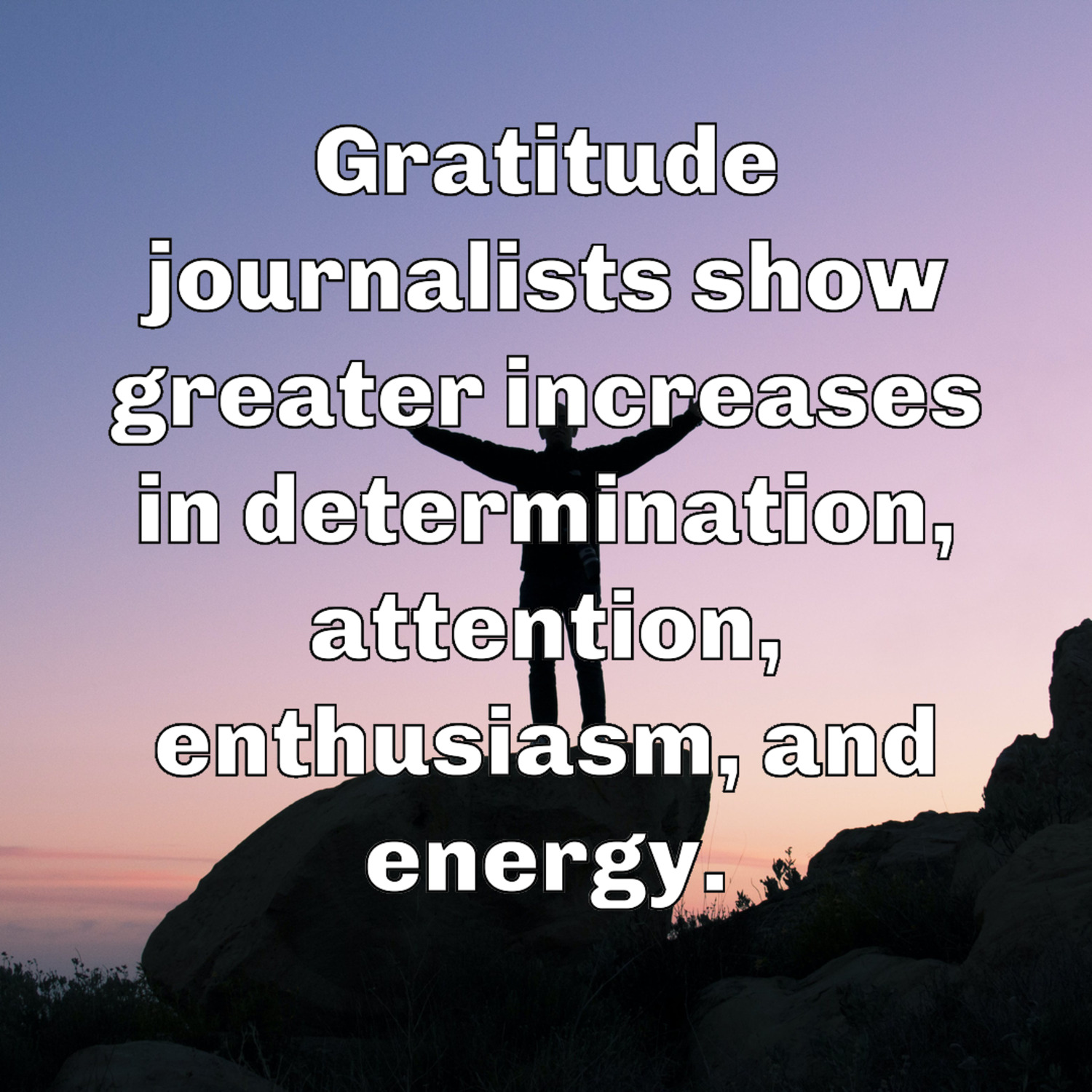Thinking About Thankfulness

Thinking about or asking what you’re grateful for activates certain neural circuits that produce dopamine and serotonin, the neurotransmitters that regulate our pleasure centers and mood levels. They then travel the neural pathways to the “bliss” center of the brain, much like a prescribed antidepressant. The more you stimulate these neural pathways, the stronger and more automatic they become, and the more your resilience and calm become a natural way of living. Questions or comments regarding the podcast? Email the show at Podcast@NewtonMG.com or let us know what you think at http://bit.ly/hollinscomment Get the audiobook on Audible at http://bit.ly/brainboostblueprint Show notes and/or episode transcripts are available at https://bit.ly/self-growth-home Peter Hollins is a bestselling author, human psychology researcher, and a dedicated student of the human condition. Visit https://bit.ly/peterhollins to pick up your FREE human nature cheat sheet: 7 surprising psychology studies that will change the way you think. For narration information visit Russell Newton at https://bit.ly/VoW-home For production information visit Newton Media Group LLC at https://bit.ly/newtonmg #CountingBlessingsVersusBurdens #Emmons #Gratitude #Hebb #McCullough #MichaelEMcCullough #RobertAEmmons #SubjectiveWellBeing #ThinkingAboutThankfulness #TheBrainBoostBlueprint #RussellNewton #NewtonMG #PeterHollins #TheScienceofSelf Counting Blessings Versus Burdens,Emmons,Gratitude,Hebb,McCullough,Michael E McCullough,Robert A Emmons,Subjective WellBeing,Thinking About Thankfulness ,The Brain Boost Blueprint,Russell Newton,NewtonMG,Peter Hollins,The Science of Self